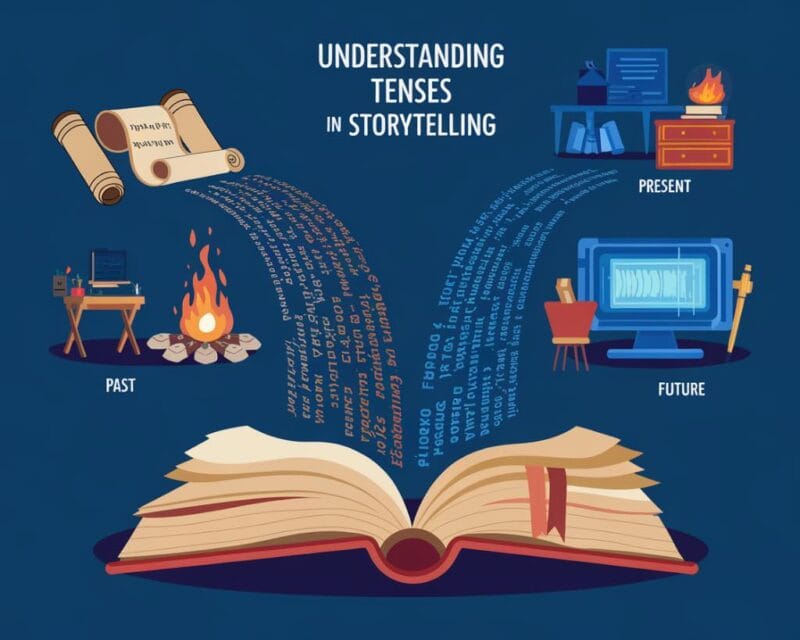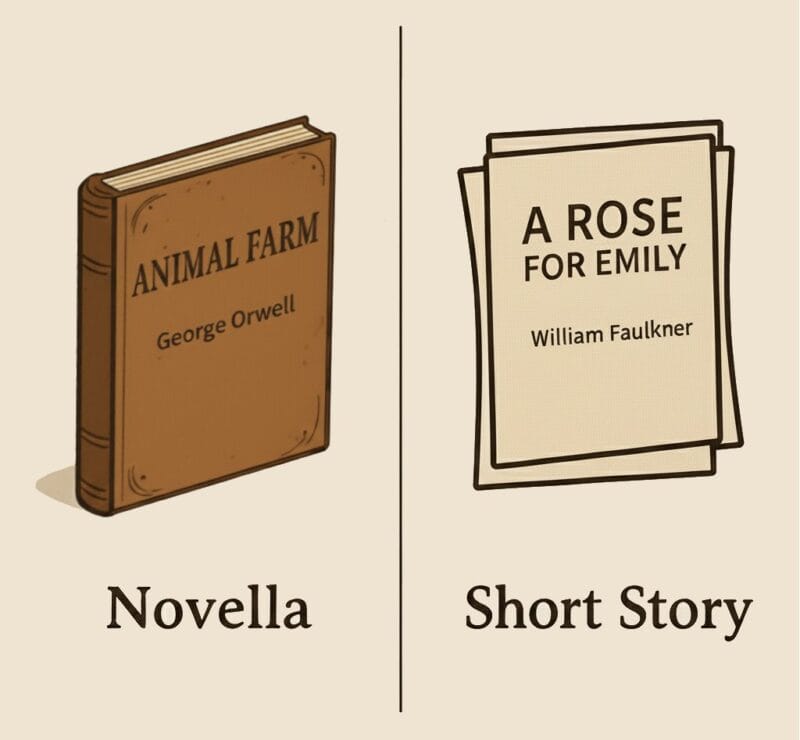The death of the novel is the common name for the theoretical discussion of the declining importance of the novel as literary form.
The discourse surrounding the “death of the novel” theory has engendered fervent discussions and contemplation among literary critics and scholars. As a prominent topic in literary theories, it examines the perceived decline in the significance of the novel as a literary form. Throughout the 20th century, numerous authors contributed to this debate, often expressing their thoughts in their own works.
One of the central arguments behind the “death of the novel” theory is the changing reading habits of today’s audience. In our modern society, the advent of digital media and social networking platforms has led to a transformation in the consumption of literature. In an era dominated by instant gratification and shorter attention spans, people have developed a preference for consuming information in bite-sized formats. Articles, blog posts, and social media updates have become the norm, which is why the time and effort required to read novels now seem daunting.
Critics of the “death of the novel” theory argue that it underestimates the enduring power of the written word. According to them, novels inherently possess a unique ability to captivate readers, offering immersive experiences that foster deep emotional connections. As evidenced by this, literary classics continue to resonate with readers, and contemporary novels garner critical acclaim and commercial success. This ongoing appreciation for the novel indicates that it remains a vital medium for exploring the human condition, conveying complex themes, and provoking intellectual engagement.
Furthermore, novels play a significant role in shaping and reflecting societal changes. While social media platforms provide spaces for more engaged discussions and expression, novels delve deeper into these topics, offering nuanced perspectives that encourage critical thinking and cultural dialogue. The depth and introspection found within the novel are often unmatched by shorter forms of media.
While shifting reading habits and the rise of digital media may present challenges, they do not necessarily signify the death of the novel as a literary form. The novel’s adaptability, enduring power to captivate readers, and ability to shape and reflect society affirm its relevance and longevity. The novel’s enduring relevance as a tool for societal reflection and cultural exploration is a testament to its continued significance in our literary landscape.
Further Reading
On “The Death of the Novel” by Aatif Rashid, The Kenyon Review
Let’s be honest, the novel is dead. by Damien Walter, damiengwalter.com
Why Do We Always Proclaim That the Novel Is Dead? by Liesl Schillinger and Benjamin Moser, The New York Times
The Novel is dead, long live the novel by Christopher Margeson, The Critical Flame
The Death of the Death of the Death of the Novel by Nico Deluca, Medium
Against “The Death of the Novel” by Sam Sacks, The New Yorker




